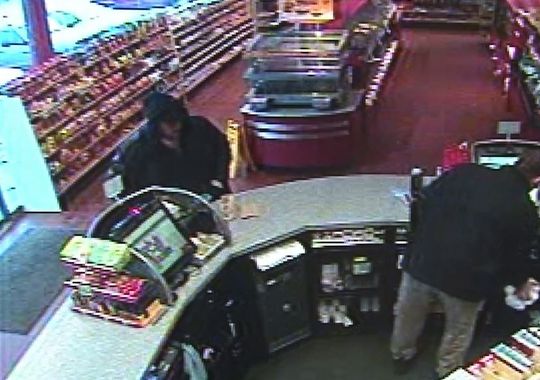Former security director suspected for tampering with lottery computers to win $14.3m Jackpot.
According to prosecutors there is strong evidence suggesting that the former computer security head of a state lottery association entered the draw room, hacked the lottery computers and tampered with number generators to buy the winning ticket and receive $14.3m jackpot.
The The Des Moines Register reported that when 51-year old Eddie Raymond Tipton was the information security director at Multi-State Lottery Association (MSLA) he popped in a thumb drive into an extremely locked-down computer that generates the random numbers which determine the lottery winners. He was videotaped while buying a Hot Lotto ticket and went on to win the $14.3m jackpot.

The information has been filed in court documents and prosecutors maintain that they have evidence that supports their theory. They believe that Tipton utilized his privileged position within the lottery association to access a locked room where the random number generating computers are installed and infected them with software, which granted him control over the winning numbers. The room, which was covered by glass, could only be accessed by two people at a time and a video camera monitored it all the time. To avoid hack attacks, these computers weren’t connected to an internet network. Prosecutors believe that Tipton entered the room on November 20, 2010 for changing the time of the computers since on that date the security cameras recorded just one second per minute instead running continuously like always.
Prosecutors explained that:
“Four of the five individuals who have access to control the camera’s settings will testify they did not change the cameras’ recording instructions. The fifth person is defendant. It is a reasonable deduction to infer that defendant tampered with the camera equipment to have an opportunity to insert a thumbdrive into the RNG tower without detection.”
Tipton, obviously, pleads not guilty to all the charges against him and his attorney claims that the computer tempering theory is not “factually viable.”
About a month after the alleged tempering of the computers by Tipton occurred, that is on December 23rd, a man was videotaped at a convenience store buying a Hot Lotto ticket, which actually won the $14.3million pay-out. The man was identified by authorities as Tipton however, being an employee of the association responsible for administering lottery Tipton wasn’t allowed to buy tickets or even claiming lottery prizes. For about a year the winning ticket remained unclaimed and just hours before its expiration time a company integrated in Belize claimed the prize money via a New York attorney. Tipton was charged with two fraud counts in January and the computer tempering allegations were firstly made in the court last week when the court documents were filed.
Apart from the draw room event on November 20th, prosecutors have other supporting evidence to their theory as they claim that Tipton was “obsessed” with rootkits. Rootkits is a kind of computer program that gets installed quickly, can be set to perform just about any task and later is capable of self-destruction without even a trace. Prosecutors state that a witness may identify at the trial and inform the court that in late November Tipton told him that he possessed a self-destructing toolkit.
Tipton’s trial was due to start from Monday but it was delayed when defence attorneys requested for a continuance. Now, the trial will start from July 31st.
Via: Ars Technica
Source: Desmoines Register
